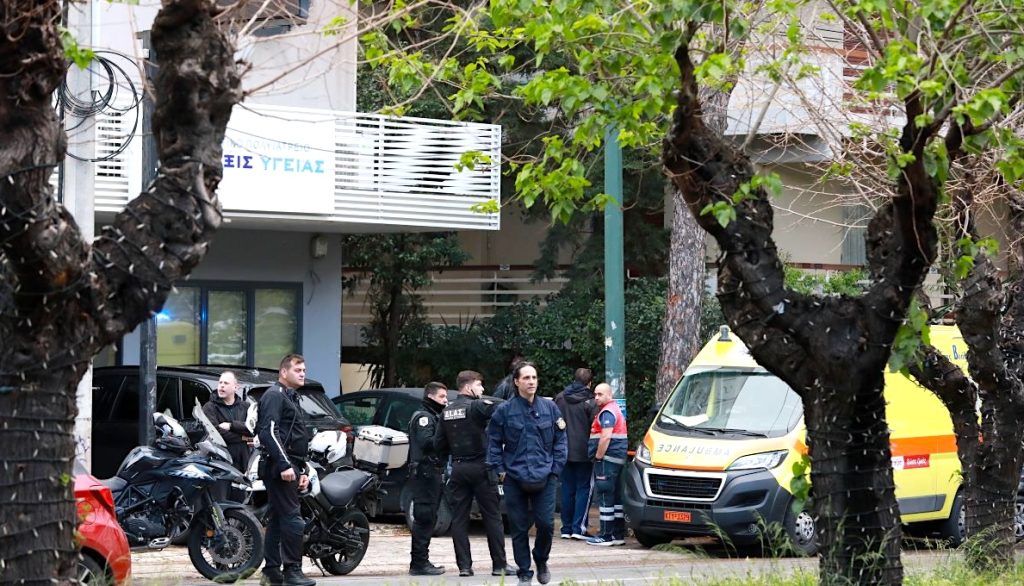The Middle East issue will be high on the agenda of the October 17-18 European Council Summit, with the Europeans closely monitoring developments, but the volatility of the situation preventing any conclusions being reached for now.
The EU leaders are expected to condemn the Iranian attacks and call for restraint to prevent a regional conflagration. However, as a European source noted, “The Middle East issue is a divisive one for Europe, and it remains to be seen how far the leaders’ statements can go.”
In practice, of course, the EU can do little more than condemn, and with a month still to go before the start of the hearings to appoint the new commissioners (on Nov. 4) and at least two before the start of the Commission’s new mandate, a key institution appears to be absent during yet another geopolitical crisis.
Following a similar line, the G7 has stressed that “a dangerous cycle of attacks and retaliation risks triggering an uncontrolled escalation in the Middle East, which is in no one’s interest,” calling on all regional actors to act responsibly and with restraint.
As the situation worsens, Brussels and the EU member-states are on the alert for a possible increase in migration flows. Migration is expected to be discussed at length by the “27”, with the front-line states of first reception having already expressed their concern over what comes next. It remains to be seen whether specific conclusions will be reached on migration, or whether the issue will be referred to in conjunction with other matters.
Last May, the Commission announced an agreement to provide €1 billion in aid to Lebanon until 2027, with a key part of this being set aside for migration.
Specifically, the Commission noted that the agreement was focused on supporting border and migration management, including the fight against human trafficking and smuggling, but also included support for the Lebanese armed forces.
Since 2011, the EU has sent over €3 billion in support to Lebanon, €2.6 billion of which has been in the form of support for Syrian refugees as well as reception communities in Lebanon.
At the same time, the EU is faced with differentiated internal border policies, with Germany taking the lead, legally but worryingly, in tightening border controls. These actions are calling Schengen into question and creating yet another area of disagreement within Europe “at a time when Brussels, by doing nothing, seems once again to be in danger of being overtaken by events,” according to a European source.
There is alsο concern about the possible economic impact of the escalating crisis in the Middle East. “The potential for further escalation of the conflict increases risks and uncertainty and could have significant economic consequences for the region and beyond,” IMF spokeswoman Julie Kozak said, as reported by Reuters, stressing that it is too early to predict specific impacts on the global economy, but noting that economies in the region have already suffered, especially in Gaza, where the civilian population “faces difficult socio-economic conditions, a humanitarian crisis and insufficient delivery of help.”



